Phonics Worksheets Activities With Answers for Ages 6-8
13 filtered results
-
From - To
Discover engaging phonics worksheets and activities designed for children ages 6-8! Our resources enhance reading skills through fun exercises that focus on letter sounds, blend practice, and word recognition. Each worksheet is crafted to make learning enjoyable and effective, featuring a variety of games and interactive exercises. You’ll also find answers provided for easy correction and reinforcement. Perfect for educators and parents alike, these phonics activities are designed to support early literacy development while encouraging a love for reading. Explore our collection today to give your child the foundational skills they need for academic success!


Rhyming Words: Assessment Worksheet
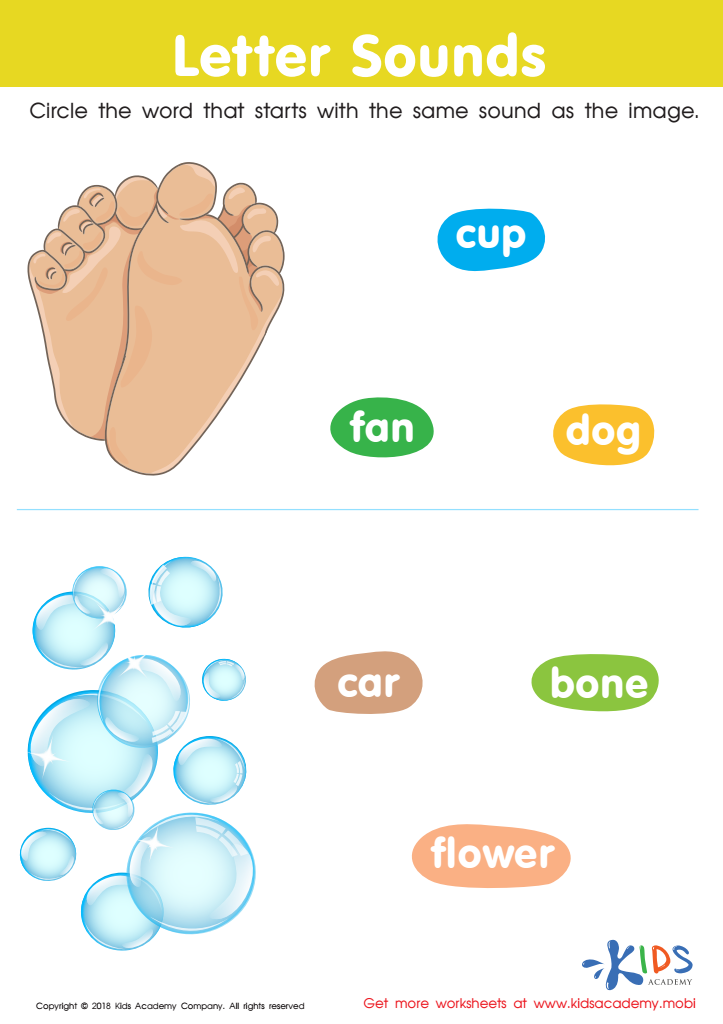

letter sounds Worksheet


Let's Check Long Vowels: Assessment Worksheet
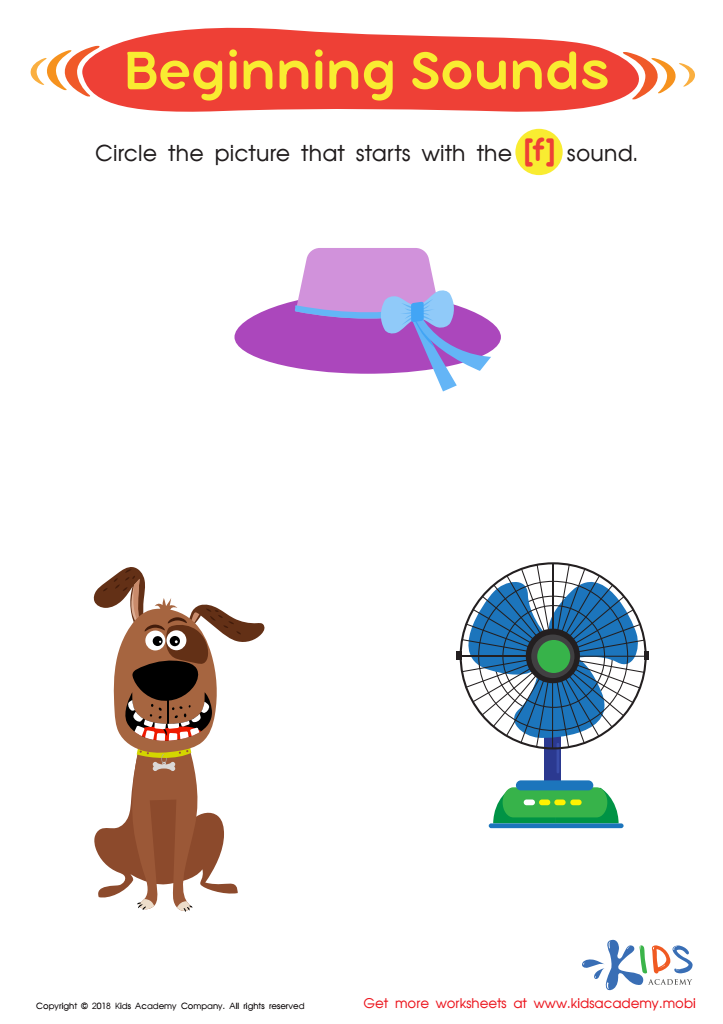

Beginning Sounds Assessment Printable


Phonics and Word Recognition: Assessment 3 Worksheet


Vowel and Consonant Sounds: Assessment Worksheet
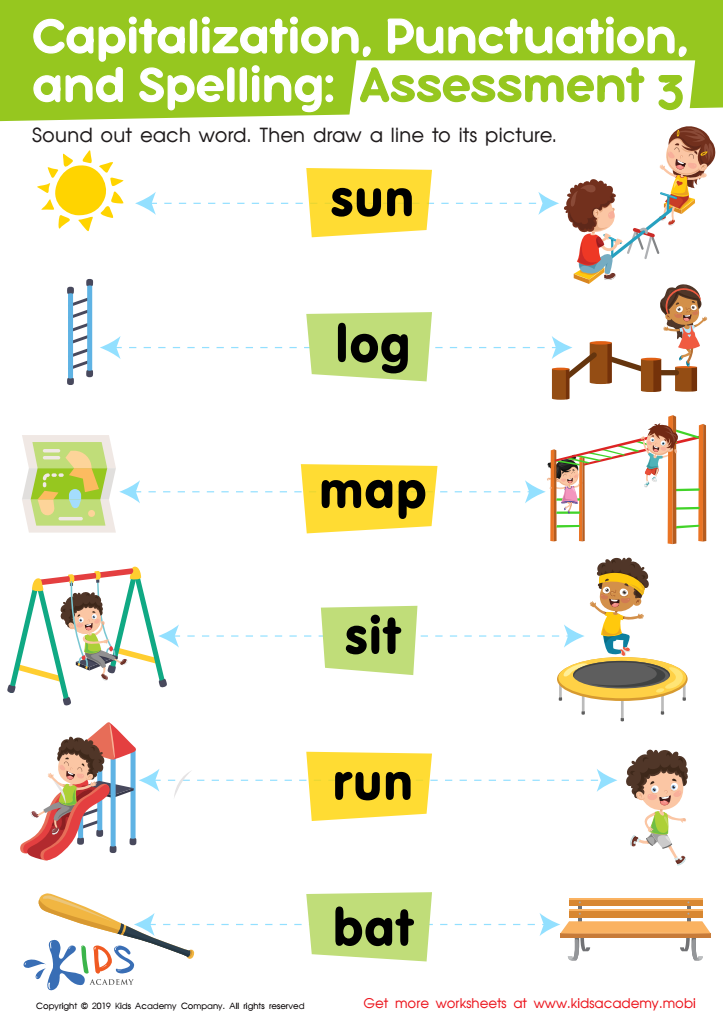

Capitalization. Punctuation. Spelling. Assessment 3 Worksheet


Phonics and Word Recognition: Assessment 1 Worksheet


Long and Short Vowel Sentences: Assessment Worksheet


Phonics and Word Recognition: Assessment 1 Worksheet
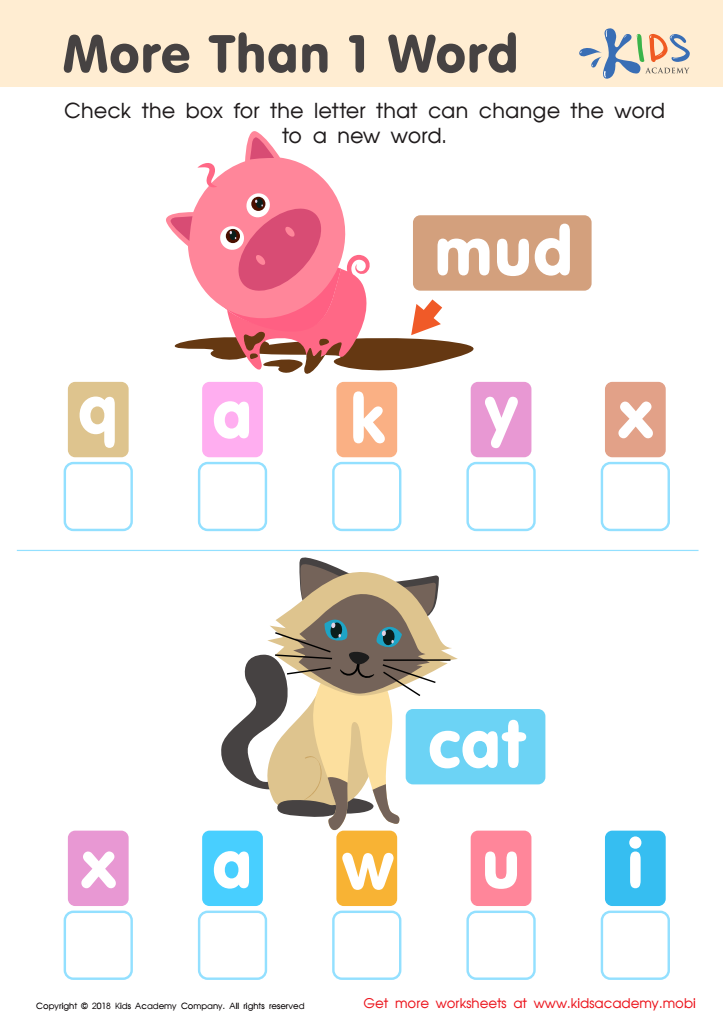

More than 1 word Worksheet


Phonics and Word Recognition: Assessment 2 Worksheet
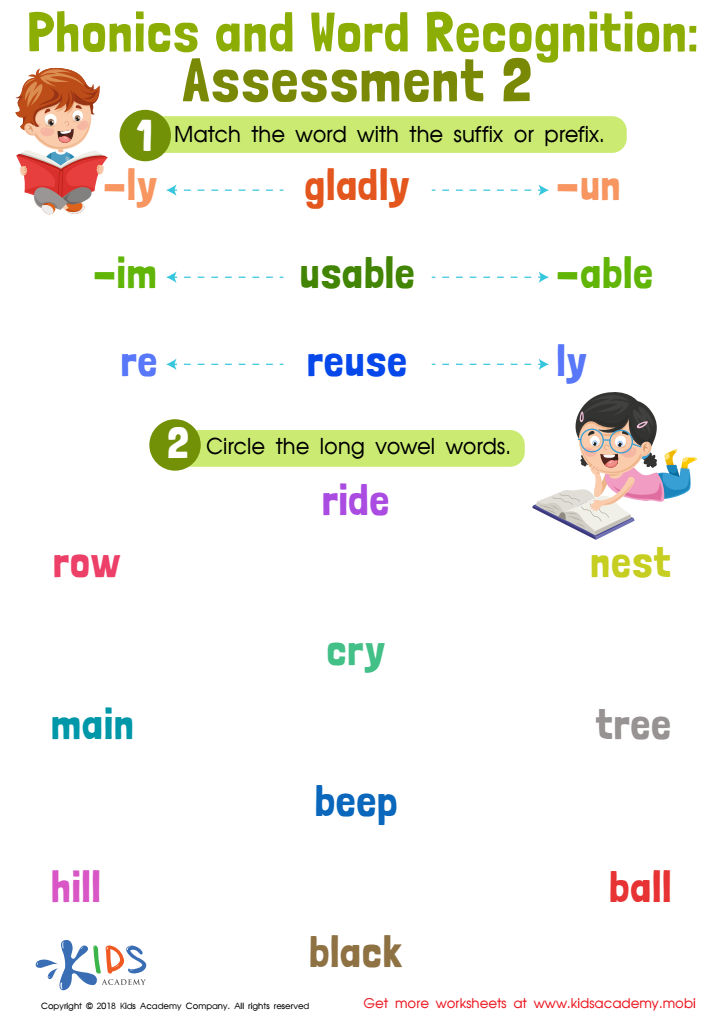

Phonics and Word Recognition: Assessment 2
Phonics activities are crucial for children aged 6-8, as this is a key period for developing reading and writing skills. Understanding phonics helps children connect sounds with letters and letter combinations, which lays the foundation for decoding written words. For parents and teachers, engaging students in phonics activities not only enhances literacy skills but also boosts confidence in their reading abilities.
Phonics activities tailored for this age group address various learning styles and can make learning fun and interactive. They offer opportunities for practice and reinforcement, allowing children to transfer their knowledge into fluent reading. Activities with provided answers enable parents and teachers to track progress and support areas that may require extra attention.
Furthermore, these activities promote critical thinking and problem-solving skills. By encouraging children to apply phonics rules, they develop independence in their learning journey. Engaging with phonics also sets the stage for a lifelong love of reading, impacting academic success across all subjects. Ultimately, investing time in phonics activities nurtures essential communication skills, fosters a strong educational foundation, and helps children navigate the world with greater ease and achievement. Parents and teachers play a key role in shaping this foundational learning experience.
 Assign to My Students
Assign to My Students






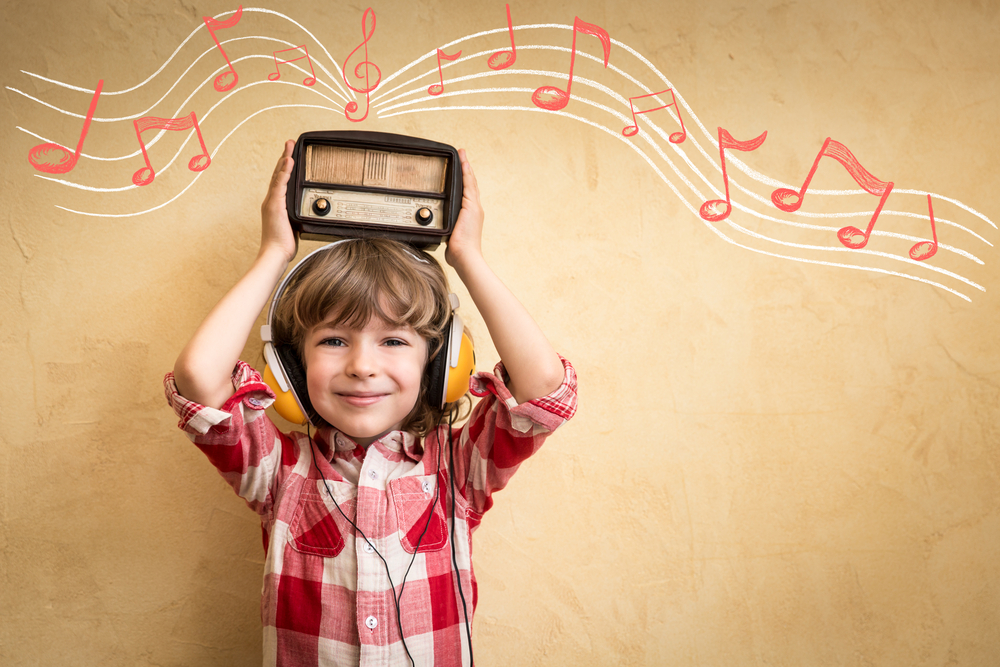

.jpg)











